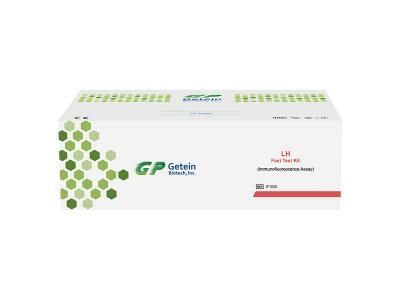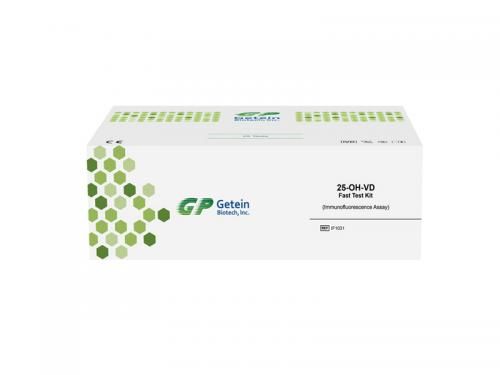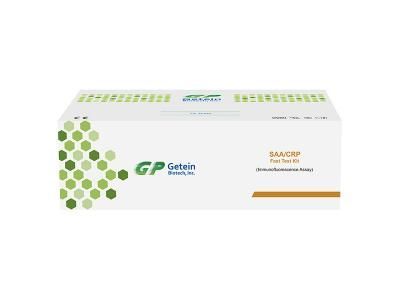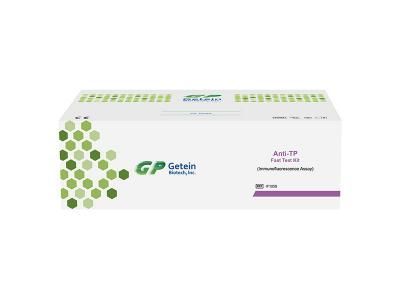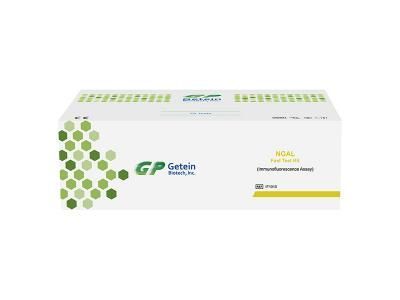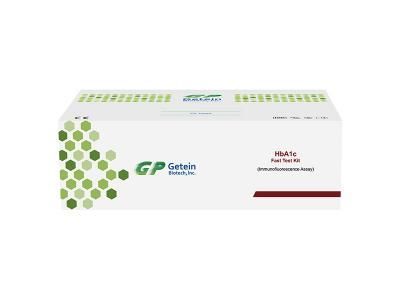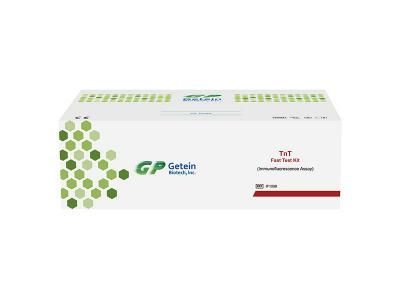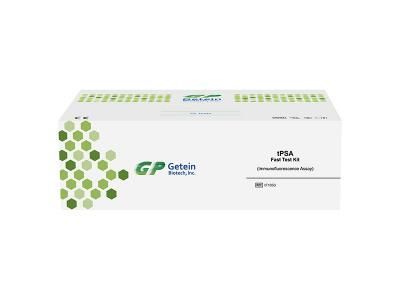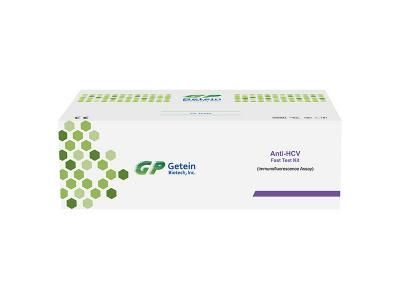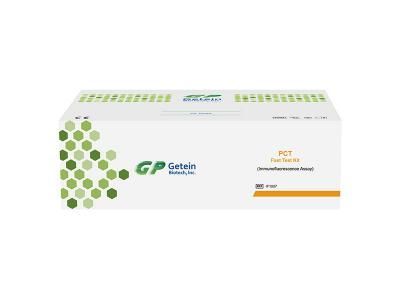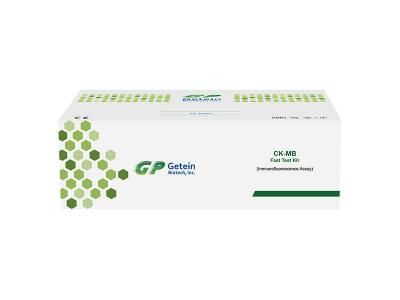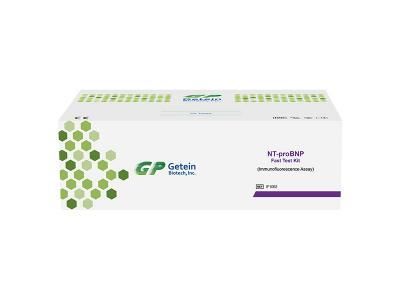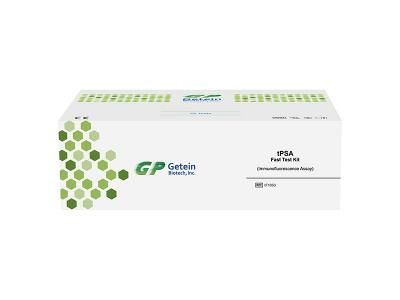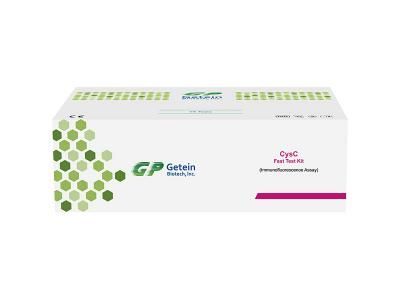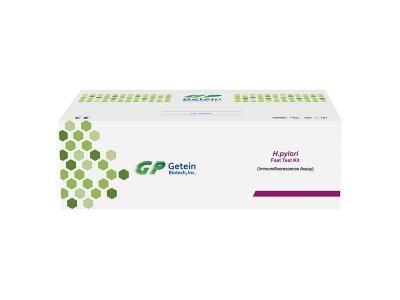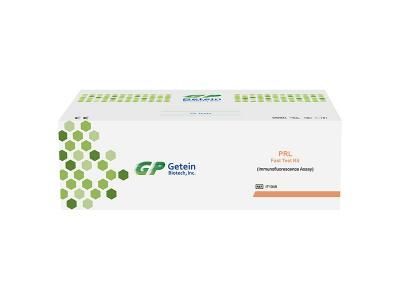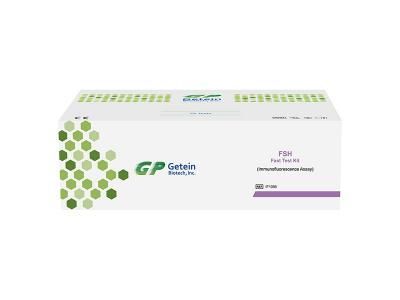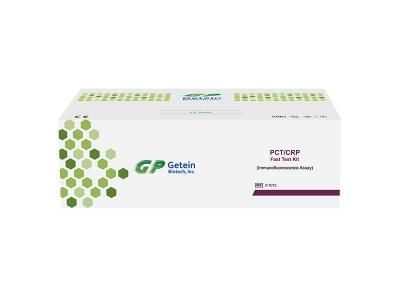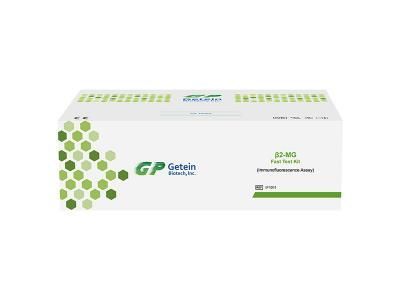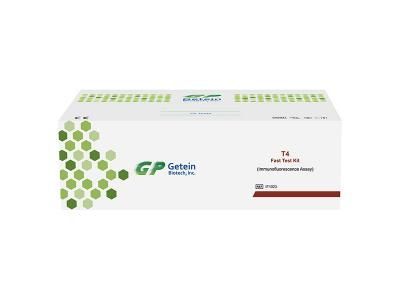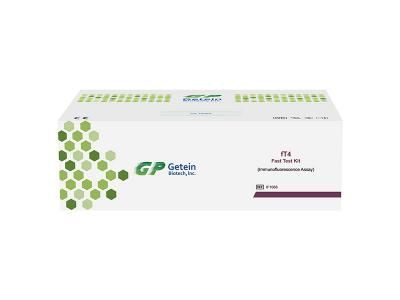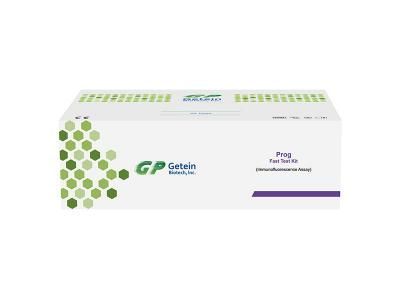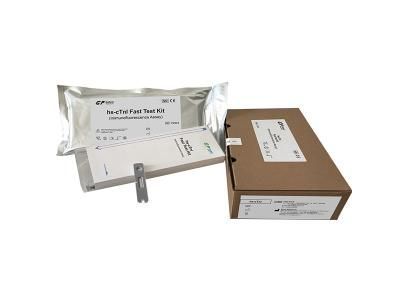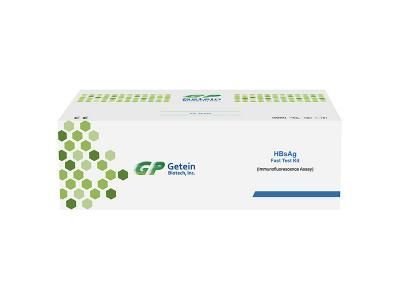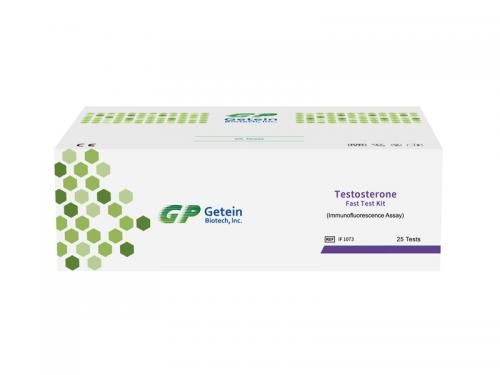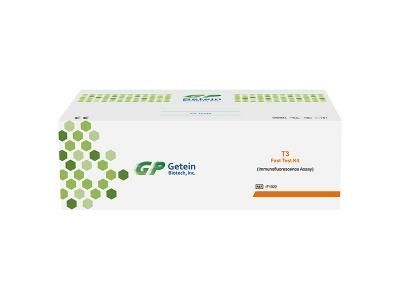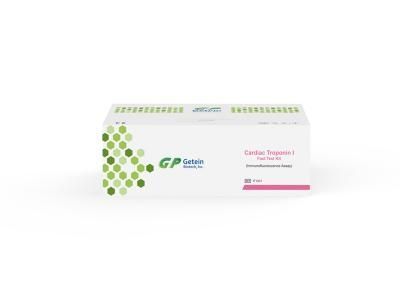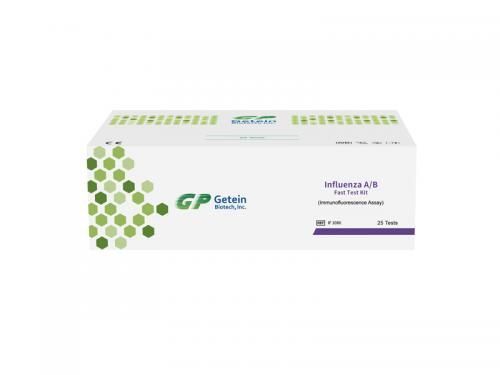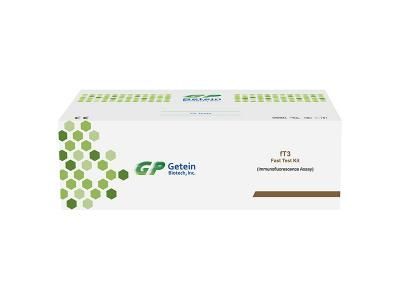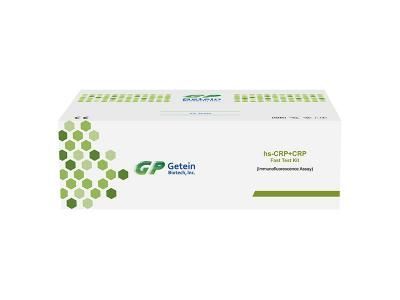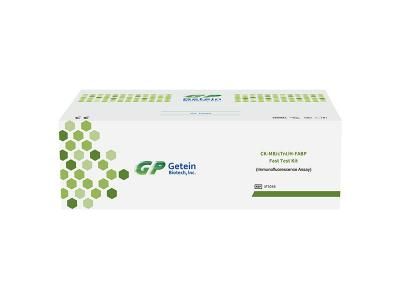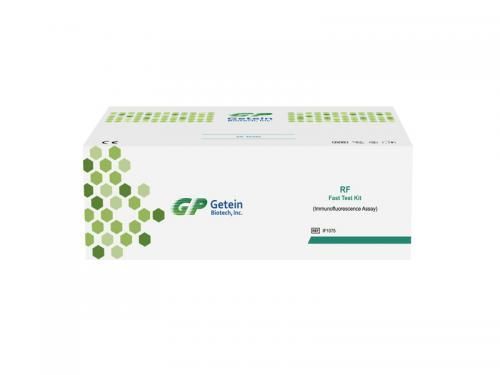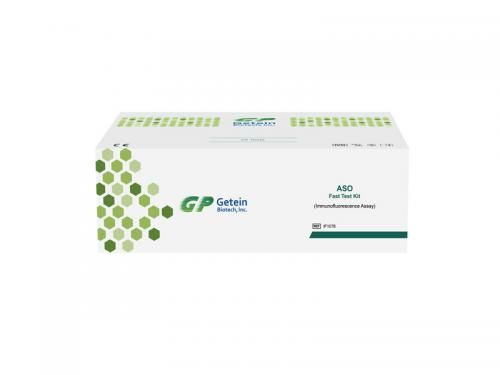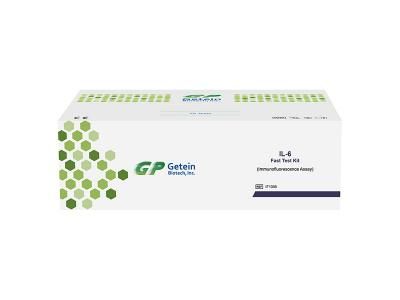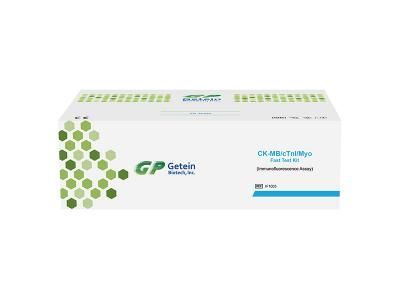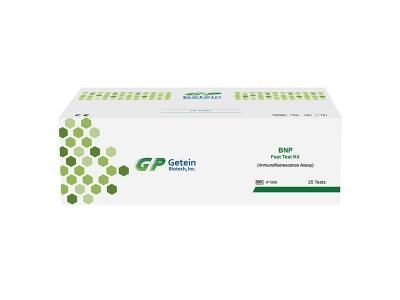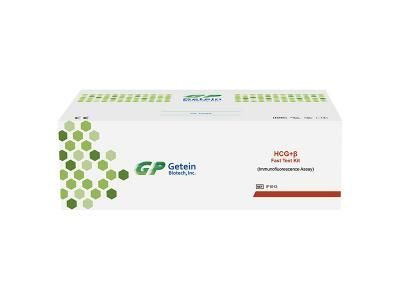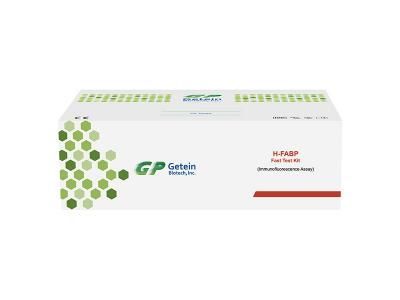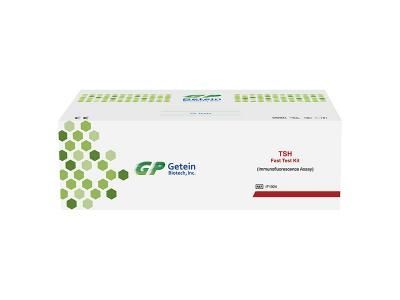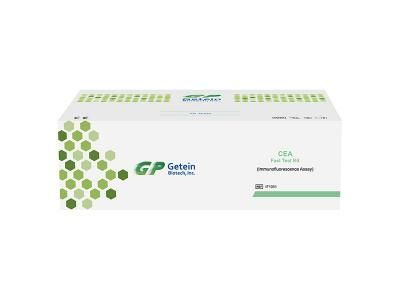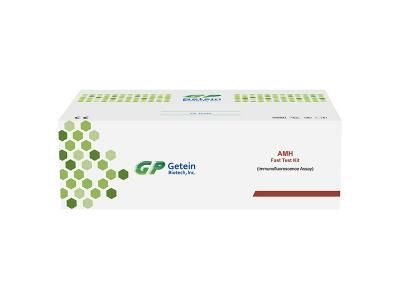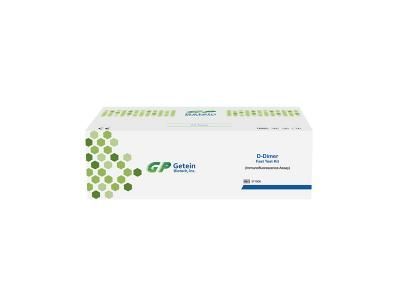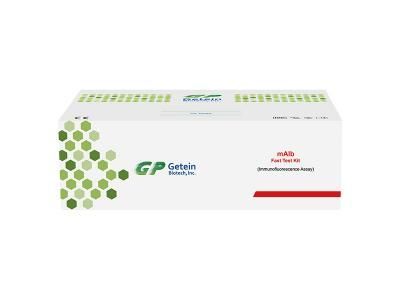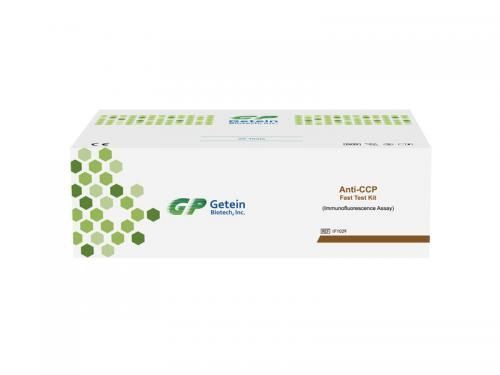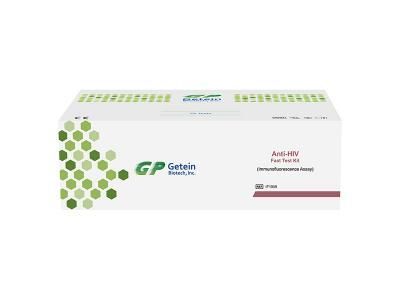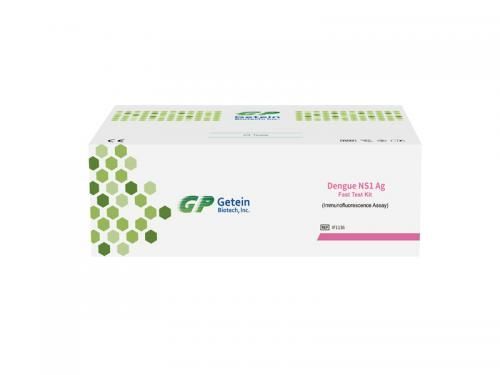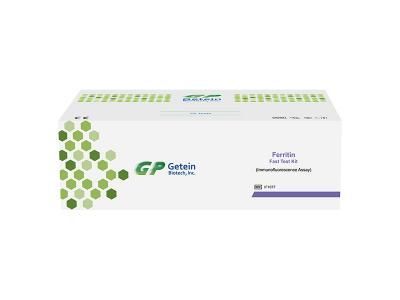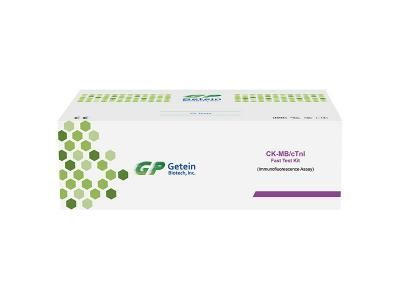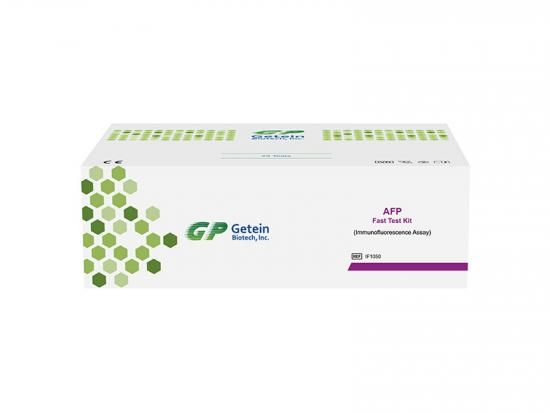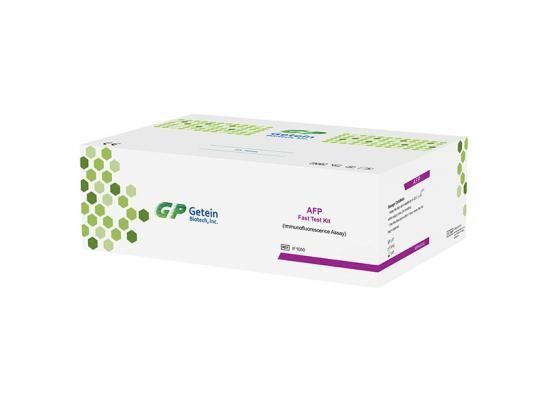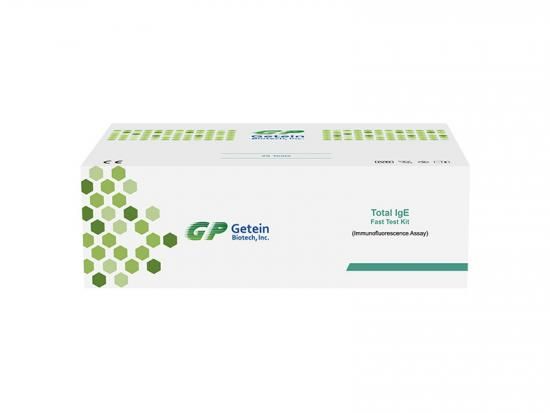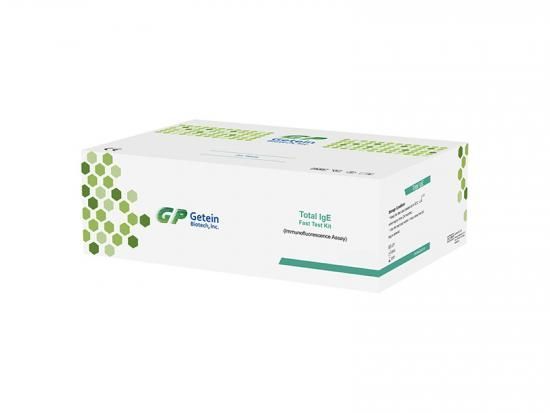Getein LH Fast Test Kit is used to determine menopause, pinpoint ovulation and monitor endocrine therapy.
Intended Use
The LH Fast Test Kit (Immunofluorescence Assay) is intended for in vitro quantitative determination of Luteinizing Hormone (LH) in human serum and plasma samples.
About LH
Luteinizing Hormone (LH) is produced in both men and women by the anterior pituitary gland in response to luteinizing hormone-releasing hormone (LH-RH or Gn-RH), which is released by the hypothalamus.
LH is a glycoprotein hormone consisting of two subunits. The alpha subunit is similar to those of other glycoprotein hormones like FSH, HCG, and TSH, but the beta subunit is distinct and confers its biochemical specificity.
In males, LH is also referred to as interstitial cell-stimulating hormone (ICSH). LH secretion in both males and females is regulated by a balance of positive and negative feedback mechanisms involving the hypothalamic-pituitary axis, the reproductive organs, and sex steroid hormones. LH, along with FSH, plays a critical role in maintaining the normal function of the male and female reproductive systems.
Specifications
Test Item:
LH
Sample:
Serum, Plasma
Method:
Immunofluorescence Assay
Storage Condition:
4-30℃
Detection Range:
0.20 mIU/mL~150.00 mIU/mL
Test Time:
15 min
Cut-off Value:
Refer to User Manual
Shelf Life:
24 months
Applicable Devices
- Getein 1100 Immunofluorescence Quantitative Analyzer
- Getein 1160 Immunofluorescence Quantitative Analyzer
- Getein 1180 Immunofluorescence Quantitative Analyzer
- Getein 1200 Immunofluorescence Quantitative Analyzer
- Getein 1600 Immunofluorescence Quantitative Analyzer
Clinical Applications
- Aid in determining menopause, pinpointing ovulation, and monitoring endocrine therapy.
- Useful marker in determining homeostasis fertility regulation via the hypothalamic-pituitary-gonadal axis.
- Aid in diagnosing hypogonadism.
- Aid in investigating immature ovaries, primary ovarian failure, polycystic ovary disease, or menopause.
- Aid in investigating abnormal testes development or anorchia.
- LH levels may change in conditions such as primary testicular failure, Klinefelter syndrome, renal failure, cirrhosis, hyperthyroidism, and severe starvation.

